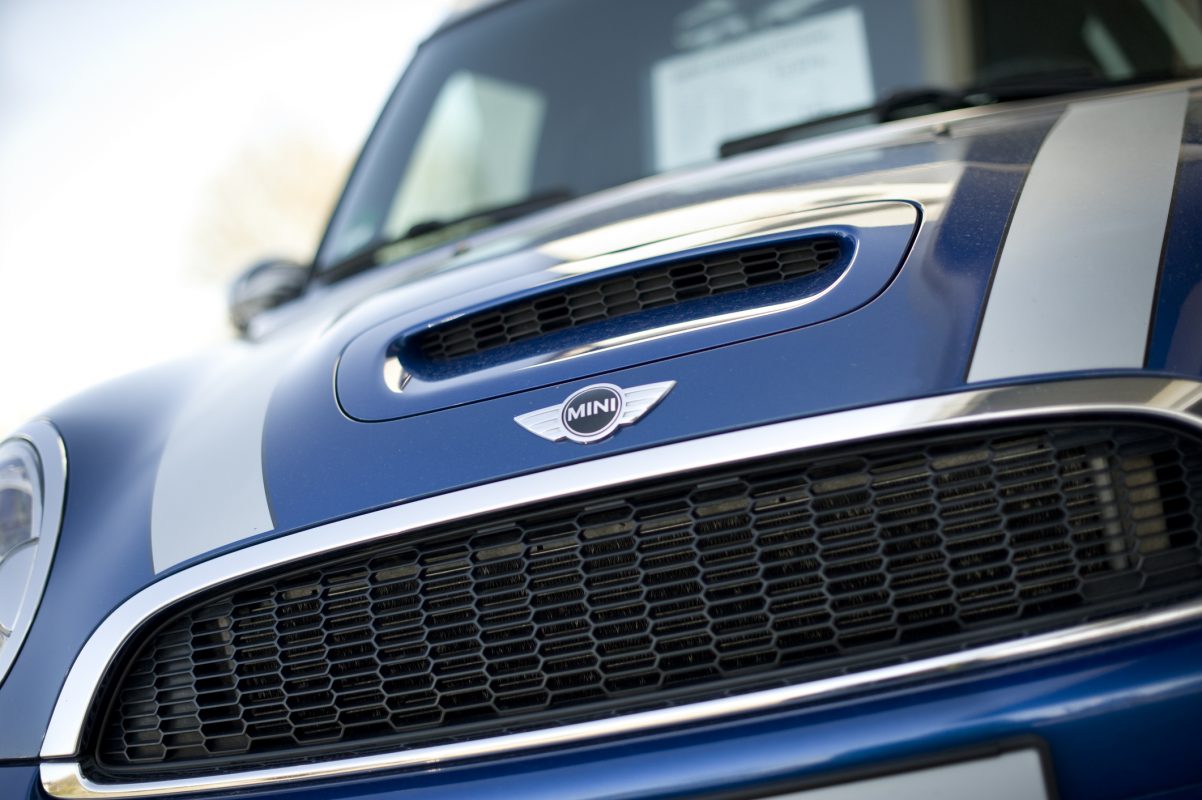German automaker announces $750 million investment to upgrade two plants.
BMW plans to invest the equivalent of $750 million to transform production of its Mini brand in the United Kingdom to electric mobility by 2030. The German automaker announced the move on Monday. The investment will be backed by $94 million from the British government, the Financial Times quoted people familiar with the matter as saying.
The initial plan is to produce two new all-electric Mini models at BMW’s Oxford plant starting in 2026. A production capacity of around 200,000 vehicles per year is targeted in the medium term. The investment will also benefit the body-pressing facility in Swindon. BMW, however, did not provide any details on its engine plant at Hams Hall.
Challenging Times for British Car Industry
The Financial Times classifies the plans as a much-needed boost for the British auto industry. Since the outbreak of the coronavirus pandemic, production has fallen by 40 percent, due to plant closures, global supply shortages and, in some cases, production relocations abroad. BMW’s decision last year to move production of its first electric Mini model to China also caused consternation in the British industry and led to uncertainty about the future of the Oxford plant, the newspaper adds.
Nevertheless, the industry remains on edge, according to Reuters news agency. For example, both British and European vehicle manufacturers have demanded a delay in the implementation of the post-Brexit so-called rules of origin. Under these, 45 percent of the components of British e-cars must originate in the UK or EU from 2024 onward for continued tariff-free exports. According to the Fraunhofer Institute ISI (PDF), the production of batteries has so far largely taken place in Asia, and the mining of the required raw materials such as cobalt and lithium is also under criticism due to frequently harmful effects on humans and the environment. BMW does not provide any information on the origin of the batteries for its electric minis; according to the Financial Times, they will be imported from Europe or China.
Photo: iStock/kontrast-fotodesign


